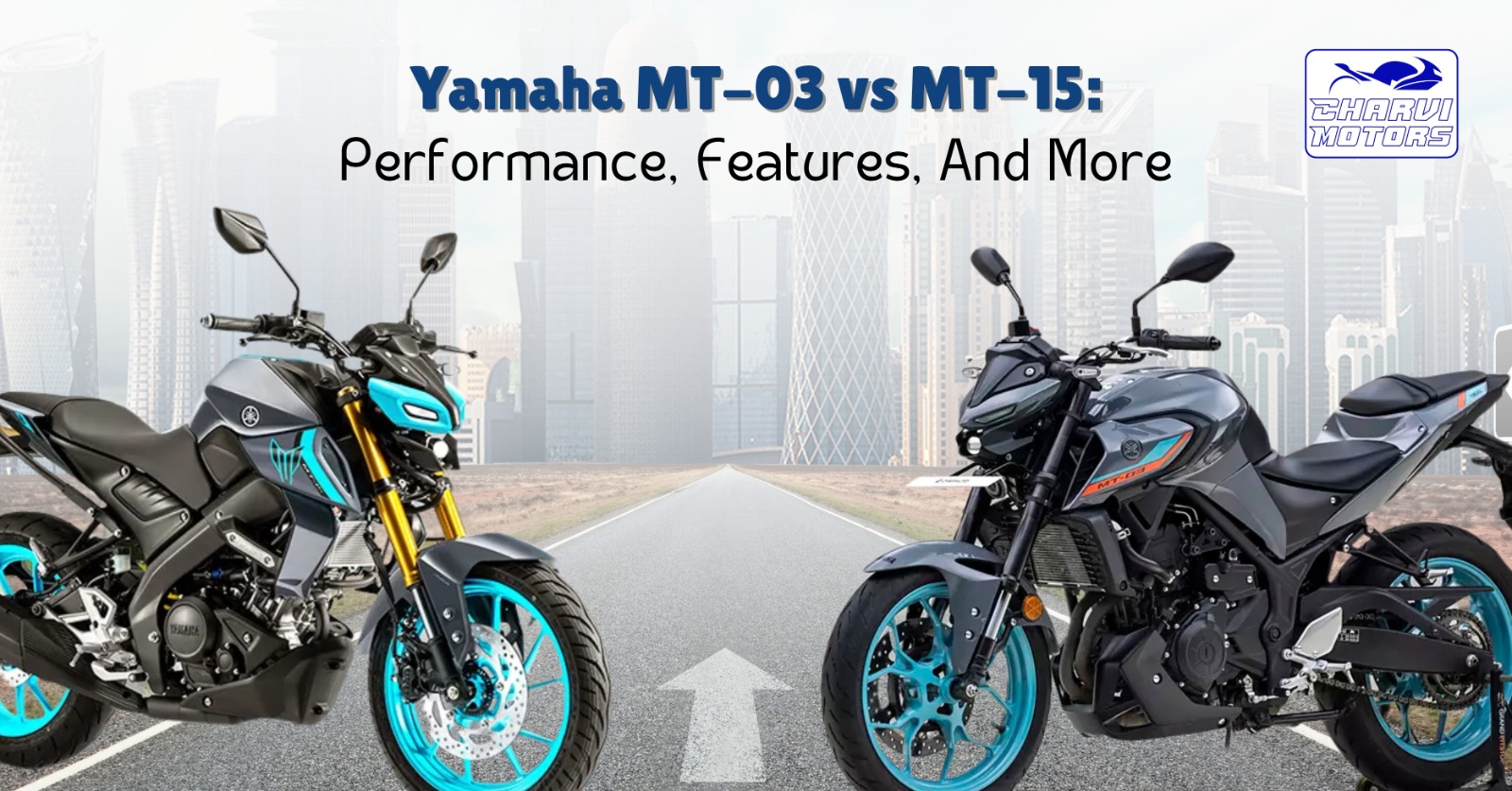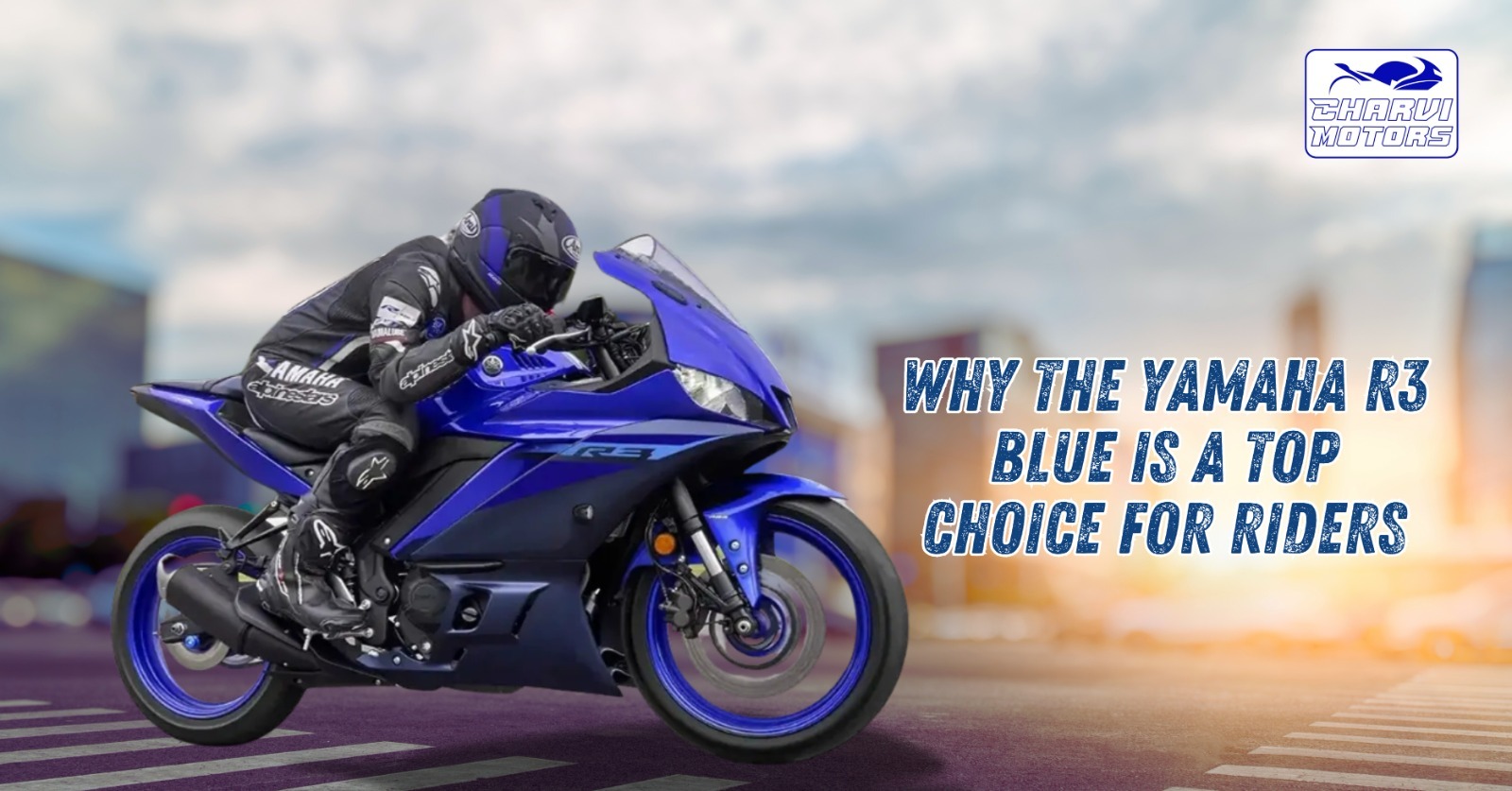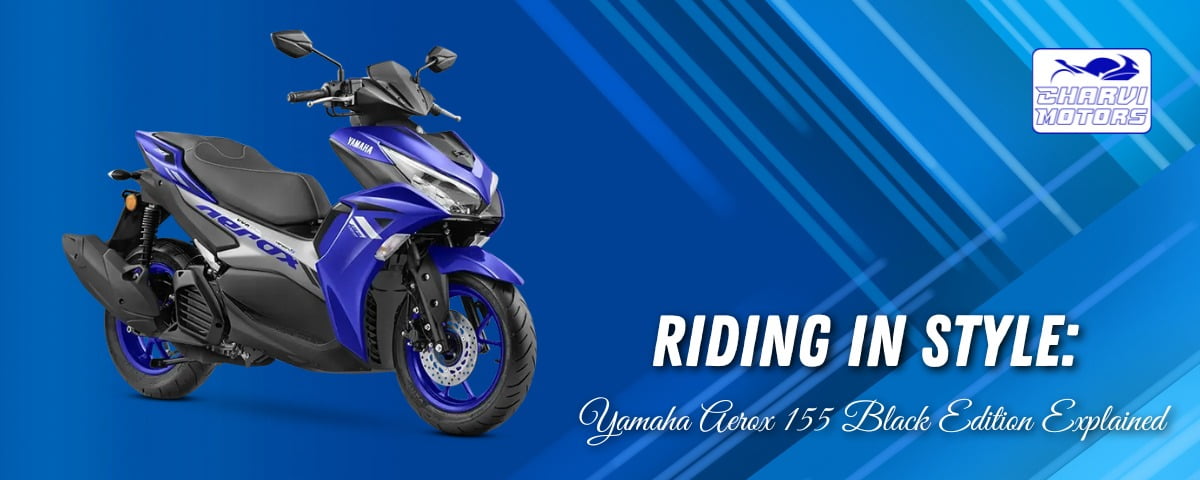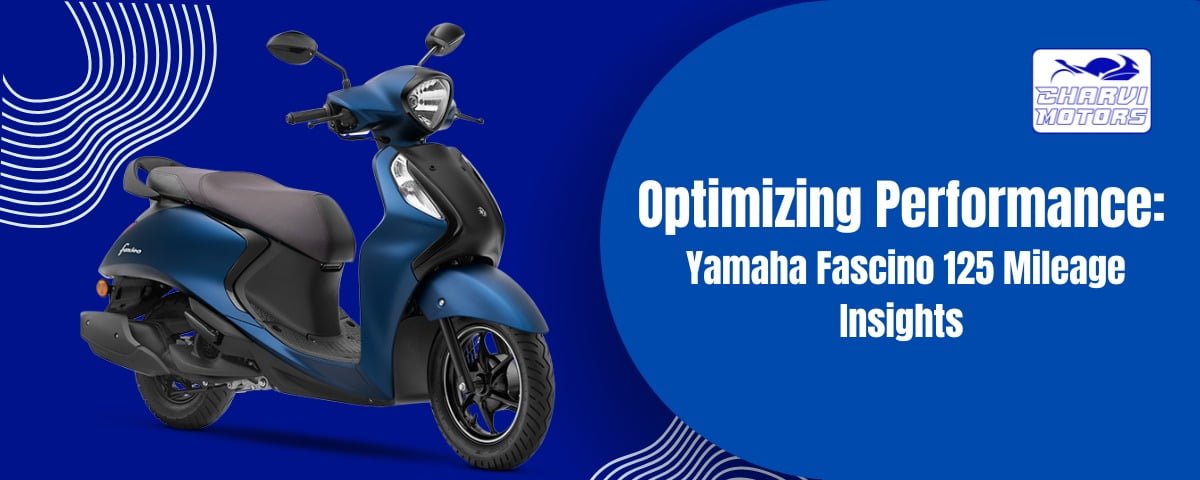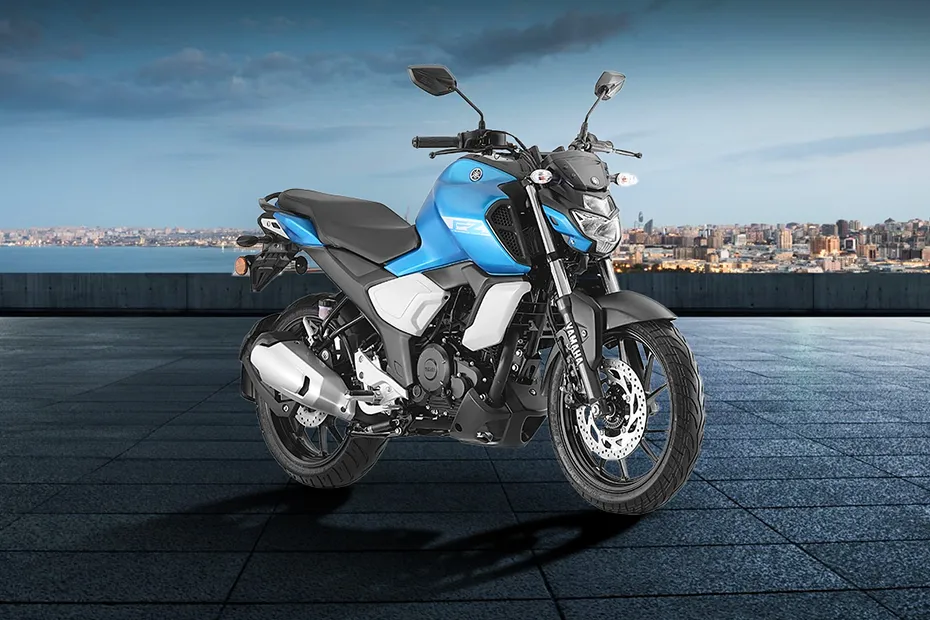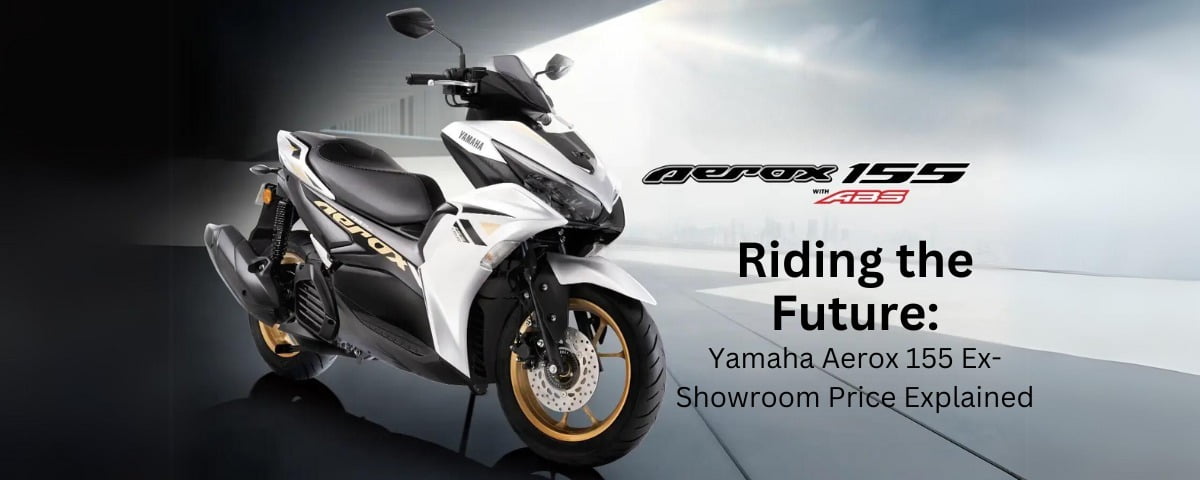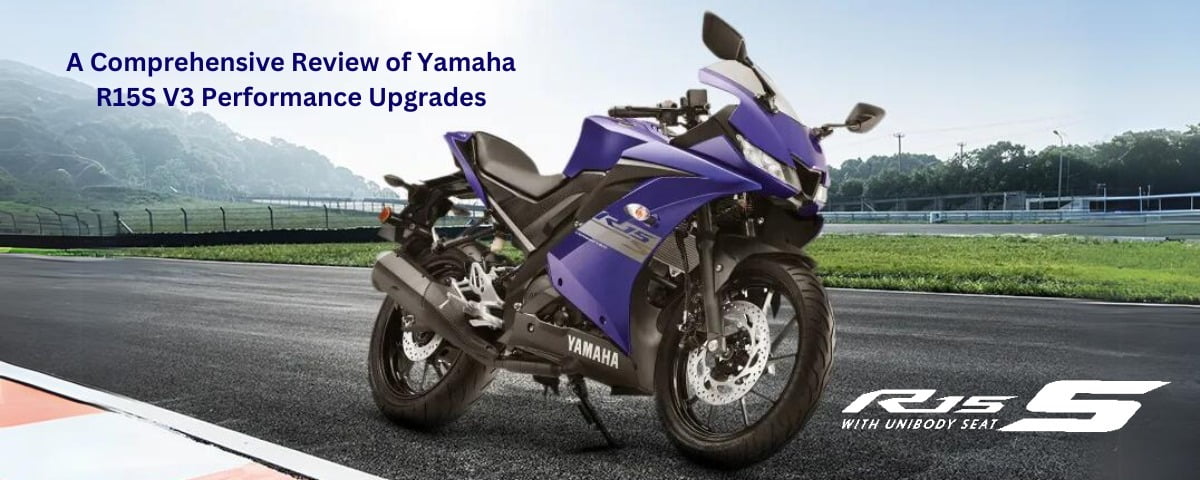For bike enthusiasts seeking a blend of style, power, and agility, Yamaha offers two outstanding models: the Yamaha MT-03 and the Yamaha MT-15. Both bikes belong to the renowned MT (Master of Torque) series, known for their sporty design and thrilling performance. While they share the MT DNA, these bikes cater to different types of riders.
Detailed Comparison Will Help You Decide Which Model Best Suits Your Needs.
1. Engine and Performance
- Yamaha MT-03:
Powered by a 321cc liquid-cooled, twin-cylinder engine, the MT-03 delivers a smooth yet powerful performance with 41.4 PS of power at 10,750 RPM and 29.6 Nm of torque. This bike is perfect for riders who crave adrenaline-filled highway rides and need extra muscle for long distances. - Yamaha MT-15:
The MT-15 has a 155cc liquid-cooled, single-cylinder engine that offers 18.4 PS of power at 10,000 RPM and 14.1 Nm of torque. Thanks to Variable Valve Action (VVA), it provides impressive acceleration in both low and high revs, making it ideal for city commutes.
Verdict: If you prioritize raw power and long-distance performance, the MT-03 wins. For everyday use and better mileage, the MT-15 is your go-to.
2. Design and Build Quality
Both bikes share Yamaha’s signature hyper-naked design, with aggressive styling, muscular tanks, and sleek bodywork.
- MT-03:
The MT-03’s larger dimensions give it a commanding presence. The upright seating and wide handlebar are designed for rider comfort over long journeys. - MT-15:
Compact and lightweight, the MT-15 is built for quick city maneuvers. It retains the sharp design elements but with a smaller frame that appeals to young urban riders.
Verdict: For a more imposing ride, choose the MT-03; the MT-15 is perfect for navigating busy city streets.
3. Suspension and Handling
- MT-03:
Equipped with inverted front forks and a rear mono-shock, the MT-03 offers superior stability and smooth handling, especially at high speeds. - MT-15:
While it also features a mono-shock at the rear, the MT-15 has telescopic front forks, making it agile but slightly less stable than the MT-03 on highways.
Verdict: The MT-03 excels in highway stability, while the MT-15 is built for agile handling in urban conditions.
4. Technology and Features
Both bikes boast cutting-edge Yamaha tech, but there are some differences:
- MT-03:
- Dual-channel ABS for added safety
- LED headlights and LCD
- Higher fuel tank capacity (14L)
- MT-15:
- Single-channel ABS
- LED projector headlamp and digital console
- Assist and slipper clutch for smoother gear shifts
Verdict: The MT-03 offers more features for highway riders, while the MT-15 focuses on efficiency and convenience for city bikers.
5. Yamaha MT 15 On-Road Price in Mysore
The MT-15 is affordable and offers excellent value for money. The Yamaha MT 15’s on-road price in Mysore is around ₹1.8 lakh, making it accessible for young and first-time riders. On the other hand, the Yamaha MT-03 comes at a higher price point due to its powerful engine and additional features.
6. Which One Should You Choose?
- Go for the MT-03 if:
- You need a powerful bike for long highway rides.
- Performance and stability are your top priorities.
- You want a commanding street presence.
- Go for the MT-15 if:
- You’re looking for a compact bike for city commutes.
- Fuel efficiency is important to you.
- You want a stylish and budget-friendly option.
Visit Charvi Motors – Yamaha Showroom in Mysore
Whether you’re drawn to the Yamaha MT-03 for its power or the MT-15 for its urban agility, both bikes deliver an outstanding riding experience. If you want to explore these models further, head to Charvi Motors, the leading Yamaha showroom in Mysore. They offer the best Yamaha MT 15 on-road prices in Mysore and have an excellent team to assist you in finding the bike that fits your needs.
Visit Charvi Motors today and ride home on the bike of your dreams!

